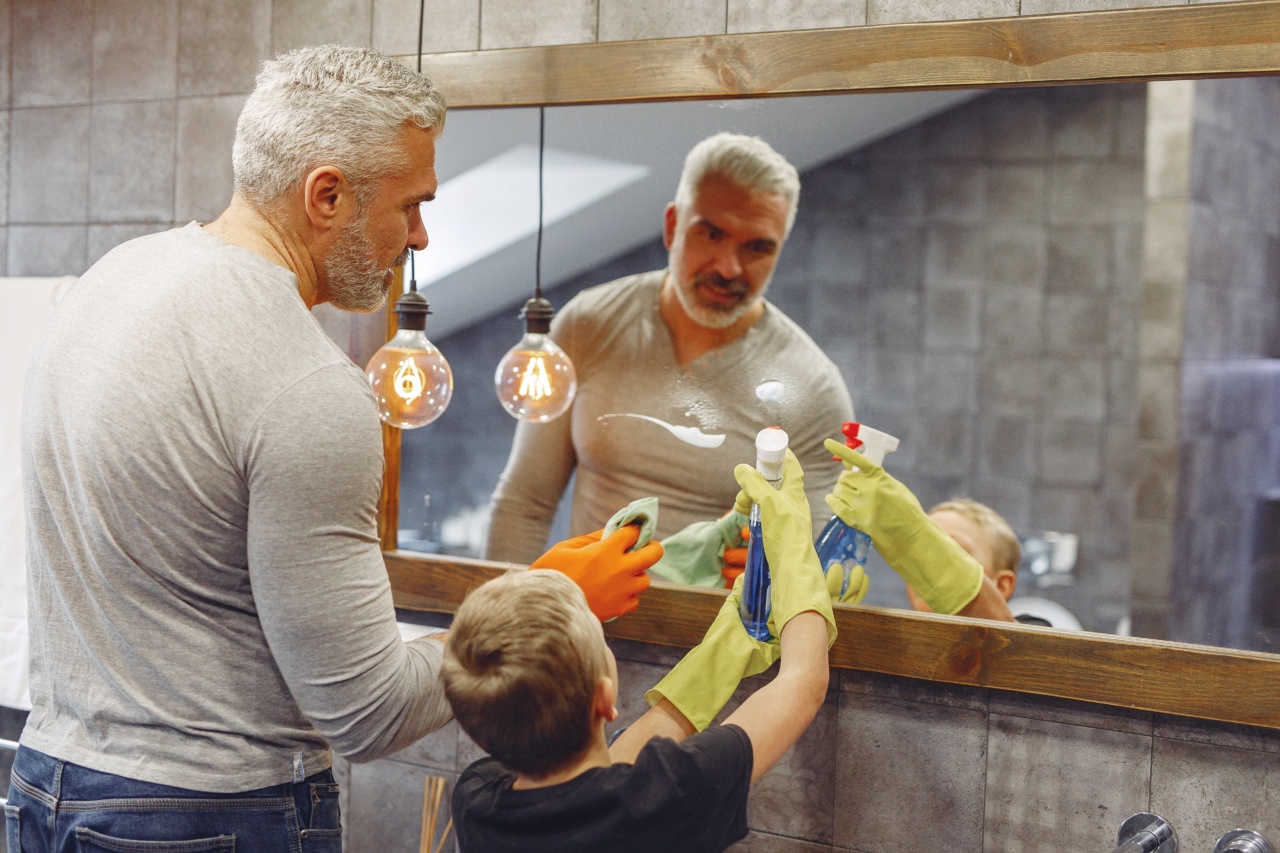As parents, we often strive to be the best parents we can be. We want to provide our children with everything they need and to protect them from any harm or hurt.
We look at other parents and wonder how they seem to have everything under control while we struggle to keep up.
The truth is, being a perfect parent is a myth. There is no such thing as a perfect parent. We all make mistakes, and we all have our own parenting styles.
However, that doesn’t mean we can’t strive to improve and be better parents for our children.
What is a perfect parent?
The idea of a perfect parent is subjective, and everyone has their own idea of what that means. Some may believe that a perfect parent is one who is always there for their child, attends every school activity, and is always patient.
Others may believe that a perfect parent is one who is strict, ensures their child gets the best education, and provides them with all material possessions.
The truth is that there is no singular definition of a perfect parent. Every child is different, and every family’s circumstances are unique. What may be perfect for one child may not be perfect for another.
The dangers of striving for perfection
Striving for perfection as a parent can be dangerous. It can lead to feelings of inadequacy and failure. As parents, we are our own worst critics, and constantly trying to be perfect can lead us down a dangerous path of self-blame and guilt.
Furthermore, striving for perfection can lead to unrealistic expectations for our children. When we put the pressure on ourselves to be perfect parents, we can unwittingly pass that pressure on to our children.
They may feel that they have to be perfect in academics, sports, and extracurricular activities, leading to a stressful and anxious childhood.
The benefits of self-improvement
While striving for perfection may be counterproductive, there is value in striving to improve as parents. Self-improvement means acknowledging that we are not perfect and that there is always room for growth and development.
By focusing on self-improvement, we can learn from our mistakes and make changes that benefit both us and our children. It can lead to open communication, increased self-awareness, and a stronger parent-child relationship.
How to strive for self-improvement
Self-improvement as a parent is an ongoing process. It requires the willingness to learn and an acknowledgment that we are not perfect. Here are some ways that we can strive to improve as parents:.
1. Educate ourselves
As parents, we may have grown up with certain beliefs about parenting that no longer apply. By educating ourselves on the latest research and trends in parenting, we can make informed decisions that benefit our children.
Reading books and attending seminars or parenting classes can be a great way to learn and grow as parents.
2. Acknowledge our weaknesses
We all have weaknesses as parents. Perhaps we struggle with patience or have a hard time saying no to our children. By acknowledging our weaknesses, we can work on improving them and becoming better parents.
It’s important to remember that acknowledging our weaknesses is not the same as admitting failure.
3. Communicate openly with our children
Open communication is key to a strong parent-child relationship. By listening to our children’s thoughts and feelings, we can better understand their needs and wants. It can also help us to identify areas where we can improve as parents.
4. Practice self-care
A key part of being a good parent is taking care of ourselves. We cannot pour from an empty cup, and if we are not taking care of ourselves, we cannot be there for our children.
Practicing self-care means taking the time for ourselves to do things we enjoy, to rest, and to relax. It can also mean seeking help or support when we need it.
5. Be kind to ourselves
Parents can be their own worst critics. It’s important to remember that we are human, and we will make mistakes. It’s okay to cut ourselves some slack and be kind to ourselves.
We wouldn’t expect perfection from our children, so we shouldn’t expect it from ourselves.
Conclusion
Being a perfect parent is a myth. However, that doesn’t mean we can’t strive to improve and be the best parents we can be.
Self-improvement requires the willingness to learn, acknowledge our weaknesses, communicate openly, practice self-care, and be kind to ourselves. By focusing on self-improvement, we can create a healthier and stronger parent-child relationship.




























